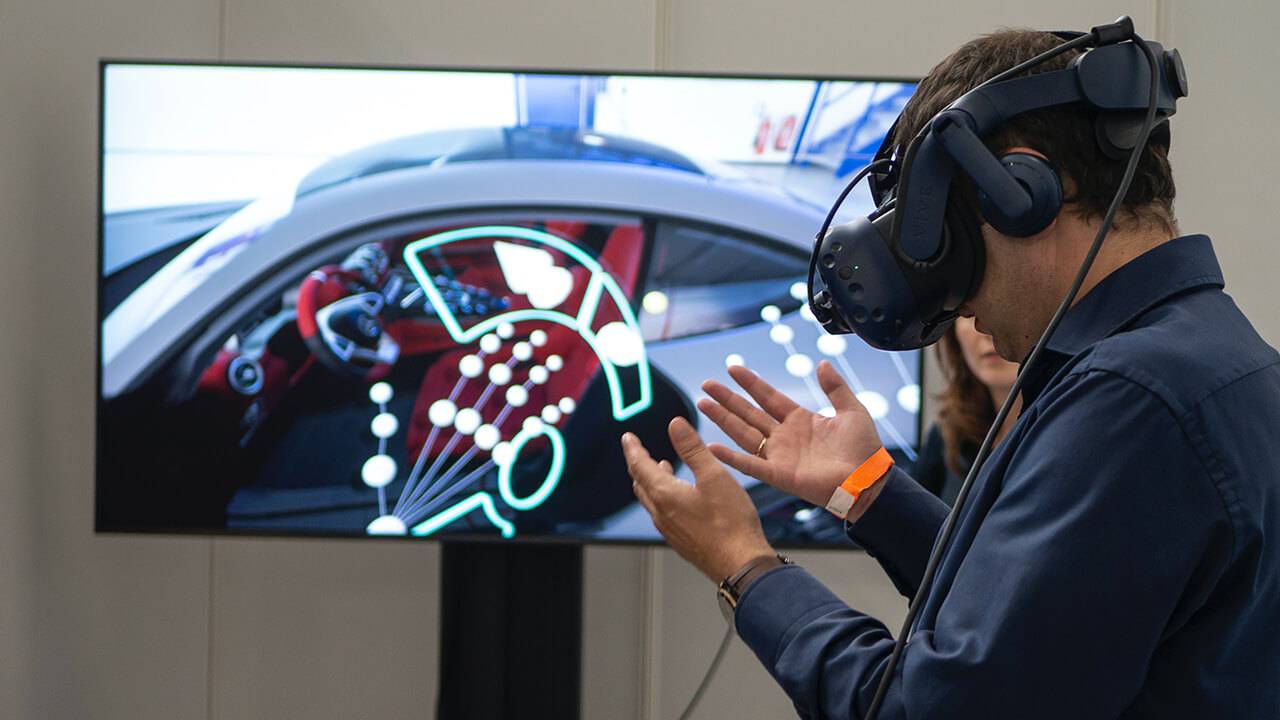Long gone are the days of checking the newspaper each week for car deals. In fact, some may argue the idea of simply posting a few smartphone photos up on Carsales or Gumtree and waiting for messages isn’t as effective as it once was.
Thanks to a ‘big hip-and-shoulder’ from the COVID-19 pandemic, digital transformation and online resources have become hugely important for trade. The auto industry is no exception.
We investigate the impact of tech in the automotive industry…
Key Takeaways:
- Buyers visit an average of 1.9 dealerships before making a purchase
- Car review videos receive huge numbers of views
- VR test drives allow buyers to try cars before they buy from home
- Around 87% of car buyers say social media reviews are important
- Paperwork and ID checks can be a 100% online process
Online Research and Digital Advertising
Firstly, what is technology actually delivering to buyers?
Customers are more informed now than ever before. In fact, they now visit an average of 1.9 dealerships before making a purchase compared to several per week – over several weeks – like in past years.
Buyers have a massive range of reviews, price guides and forums where they can get facts and advice from other owners.
Furthermore, organisations like RedBook and Glass’s Guide provide comprehensive vehicle inspections and details arranged 100% online. A far cry from the days of meeting the owner at a mechanic.
The Rise of the YouTube Car Reviewer
71% of car buyers use YouTube – with numbers like that, it’s no wonder car reviews on the platform are popular.
Some of YouTube’s top Australian car channels get huge numbers of views within just 24 hours of upload.
Sales Videos
High quality videos are almost expected by new car shoppers. In addition to YouTube reviews, videos of the actual vehicle being sold are becoming the norm. Most dealers and even private sellers provide short clips of cars they’re selling – starting the engine, a quick drive around a car park and some of the top features in use.
VR
Virtual reality is allowing potential car buyers to ‘log on’ rather than ‘hop in’. Basically, dealership sales staff drive the car while giving a running commentary on the features. A 360-degree VR camera placed inside the car allows people to experience the test drive online.
The other option is a pre-recorded VR video which allowed shoppers to ‘sit’ in the car and ‘walk’ around it to experience the interior layout, styling, colours and trim options. For example, this option would suit a brand-new car that might not be in stock at a dealership.
Social Media
It’s no secret that SM plays a huge role in… well, life itself. The auto industry is no stranger to the importance these platforms have. As experts tell us, ‘the socials’ really tell a story rather than sell cars themselves. For example, staff introductions, photo sharing, special events or charity work and service features.
Social media is great for lead generation too. Just under 80% of car buyers click on Facebook ads. Interested buyers have the ability to register interest on specific vehicles, request more information and book inspections.
Around 87% of car buyers say social media reviews are important to their decision making process.
Tip: If you’re in the auto industry, check out the vast array of car make/model Facebook groups. Make sure you optimise your business page as you might be surprised how many members ask for information on buying new cars.
‘Subscribe’ to a Car, Don’t Buy One
A trend that’s not as new as it may sound, ‘subscribing’ to a car is similar to renting a car. The main difference is time – rentals are provided to users for a limited time whereas car subscriptions allow people to ‘rent’ a car on a continuous basis, paying month by month. Platforms like Carly and HelloCars allow dealers and other agencies to put cars up for subscription. Subscribers pay a fee which part goes to the platform and the rest to the owner of the vehicle.
ID Checks and Signing Documents
When it comes to finance and car loans, and transferring ownership – paperwork is a big one. Again, it can and often is, all done online.
ID Checks: Online services like PeopleCheck and Australia Post’s Digital iD use facial recognition technology and secure verification processes to make sure your client is who they say they are. Open Banking goes hand-in-hand with ID checks, making finance far simpler and more seamless.
Signing Documents: Similarly to checking ID, documents don’t need to be printed and ‘wet signed’. Online options from platforms like DocuSign allow users to send and legally sign documents online.
The Bottom Line for Dealers
There are some who look at new technology as a case of ‘adapt and survive’ but it doesn’t have to be so bleak. Tech sells cars. Elevating your online presence and implementing new technology allows more reach to a wider audience.




